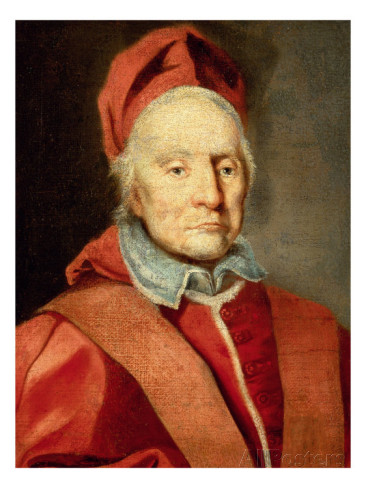Simply put, we are not alone. We are surrounded by angels. This includes our Guardian Angels, who are with us all of the time. Some think invoking one’s guardian angel is something for children, to comfort them. That well may be the case, but it is also true for everyone! There are angels with us all of the time, our own and those of the people around us. But the tradition of the Church, and the experience of countless saints, also teaches that our churches are also filled with angels, all of the time, but especially during the liturgy. Indeed, during the Mass our voices are literally joined to the angelic choirs when we sing the same hymns they constantly chant before the Throne of God: the Gloria, the Sanctus, and the Agnus Dei. Many churches, and I am fortunate to say my own All Saints parish in St Andrews, surround the altar with statues and stained glass of the angels to help remind us of what one of the greatest of our theologians, the Venerable Bede, teaches:
“Whenever we enter the church and draw near to the heavenly mysteries, we ought to approach with all humility and reverent awe, both because of the presence of the angelic powers and out of the reverence due to the sacred oblation; for as the Angels are said to have stood by the Lord’s body when it lay in the tomb, so we must believe that they are present in the celebration of the Mysteries of His most sacred Body at the time of consecration.”
Humility and awe are quite appropriate, but I would also like to add the consolation and genuine comfort which the presence of the angels bring. I myself felt that today, in a very deep and real way, during Mass in the lovely sanctuary which is All Saints, and I would suggest that we all cultivate the habit of remembering the presence of the angels, our companions now and through eternity.

All Saints Church, St Andrews. Photo by the rector, Fr. Alasdair Coles







